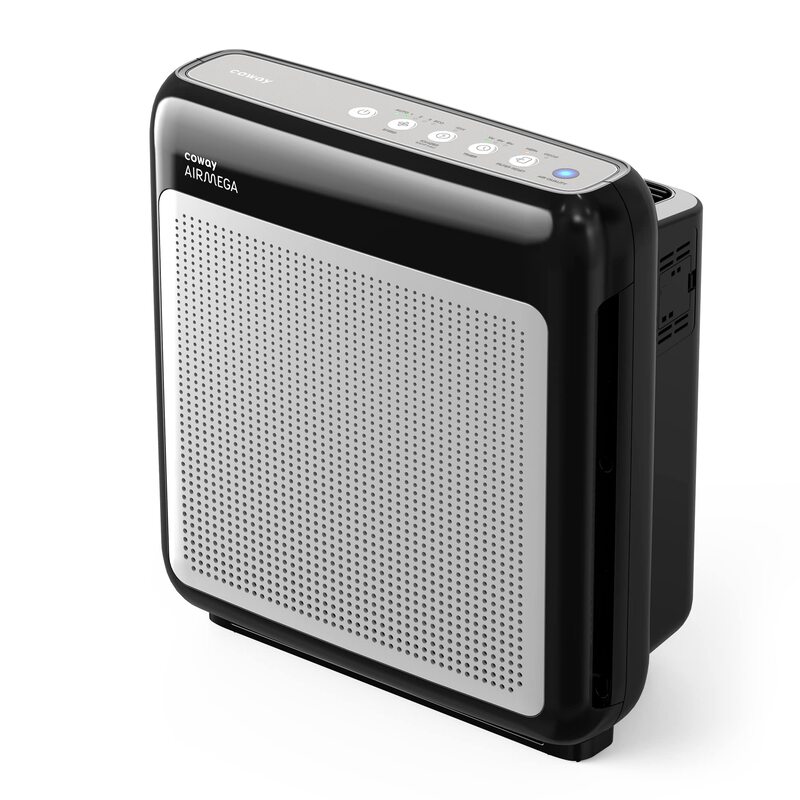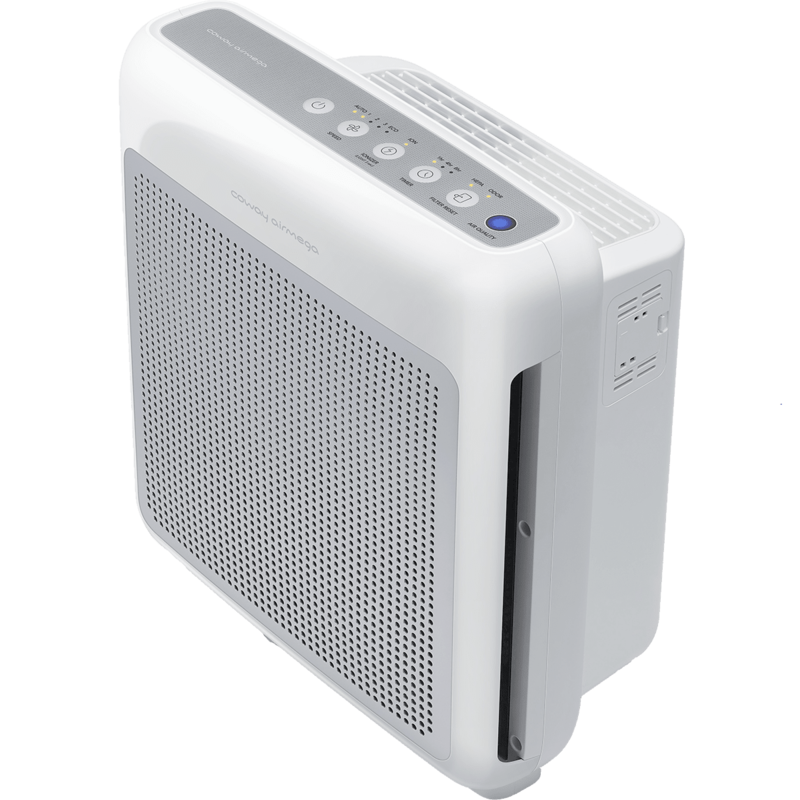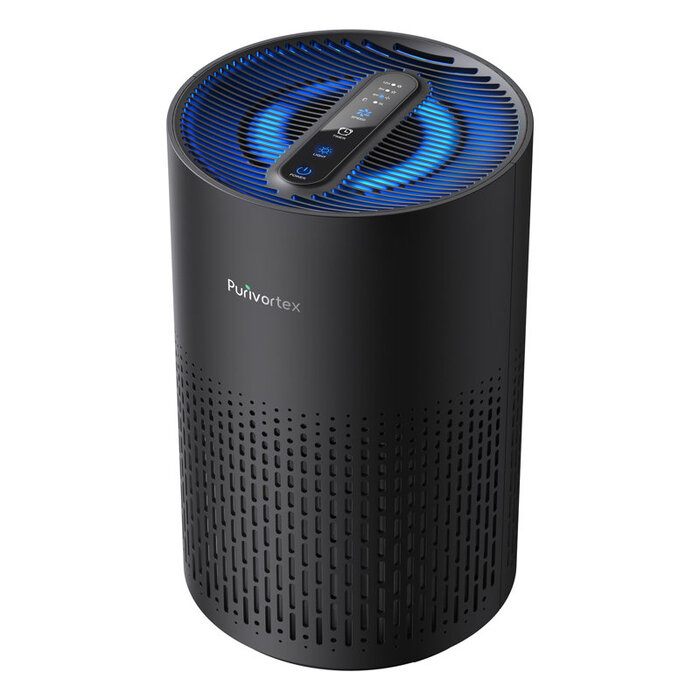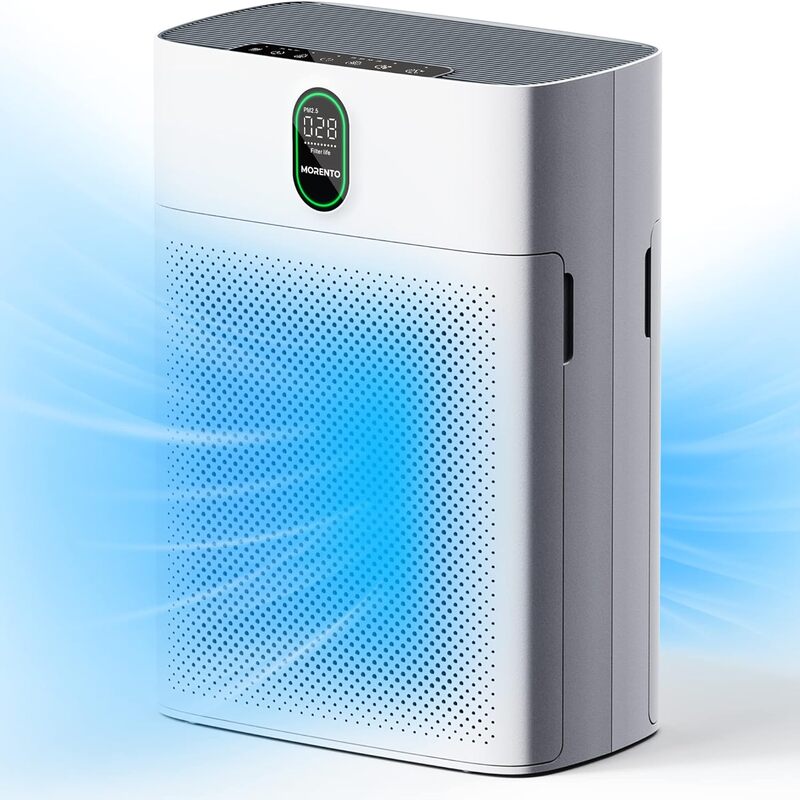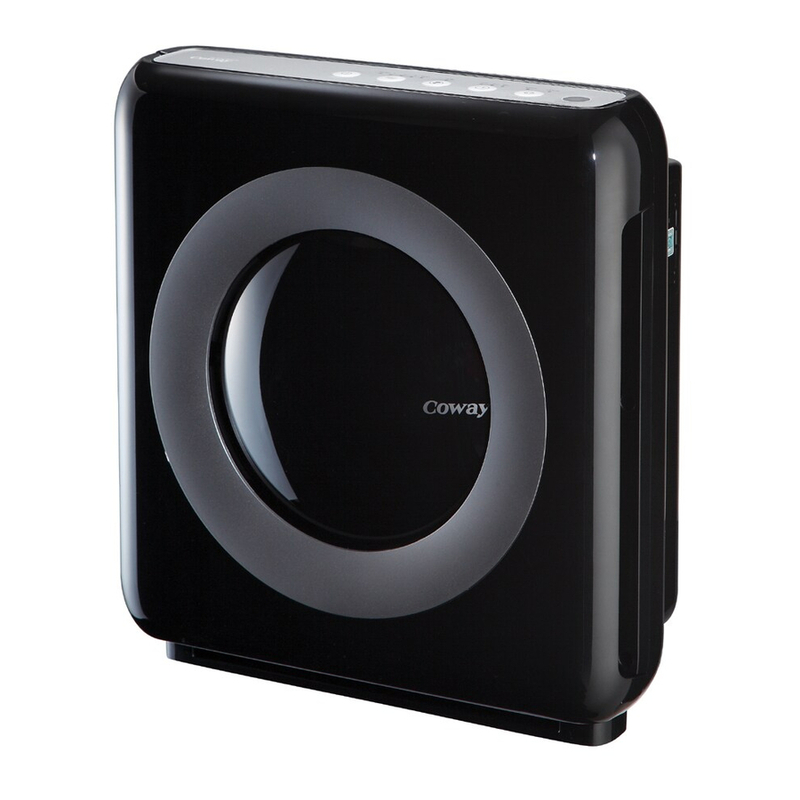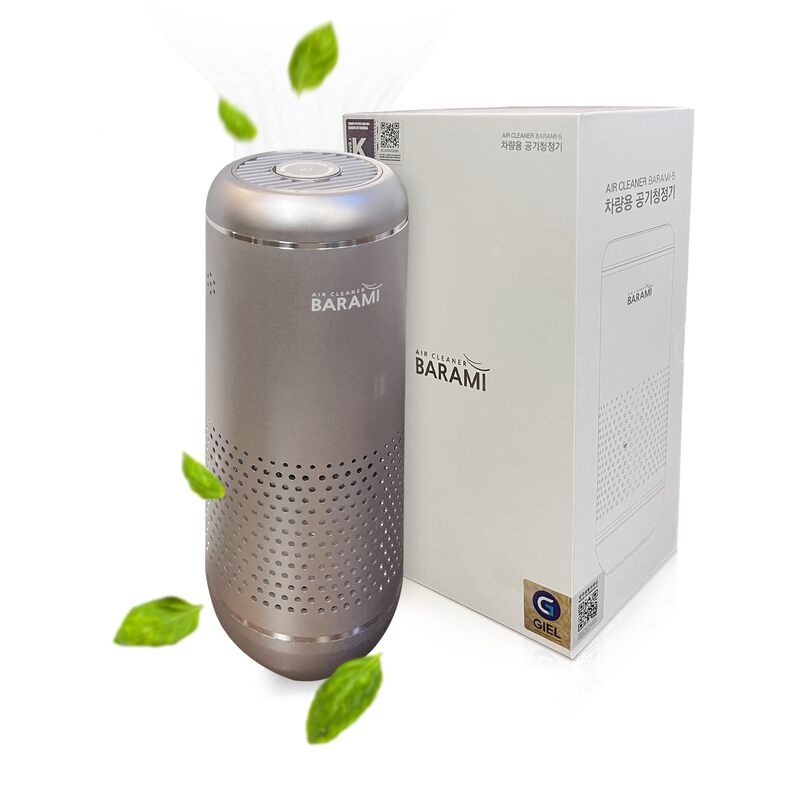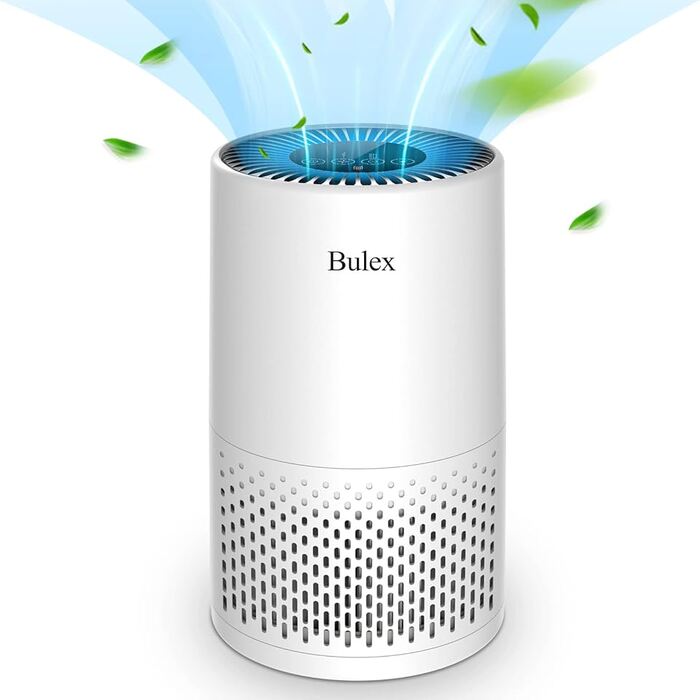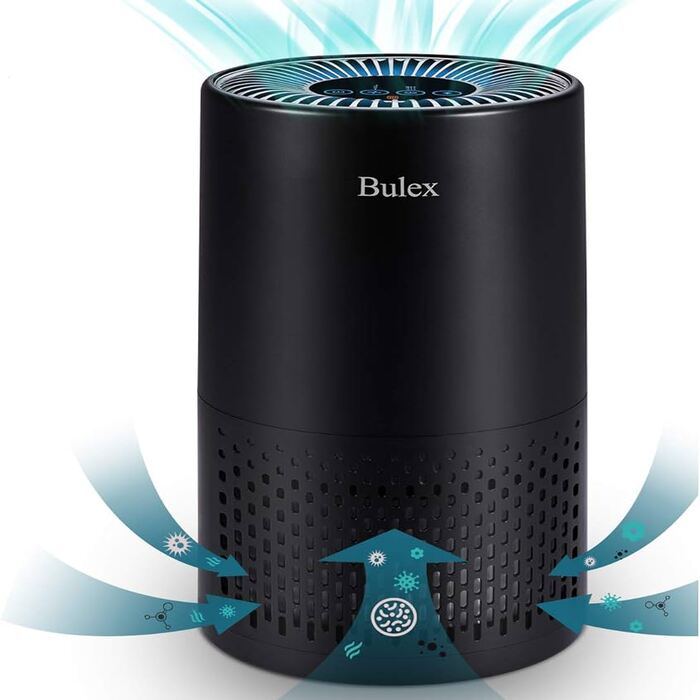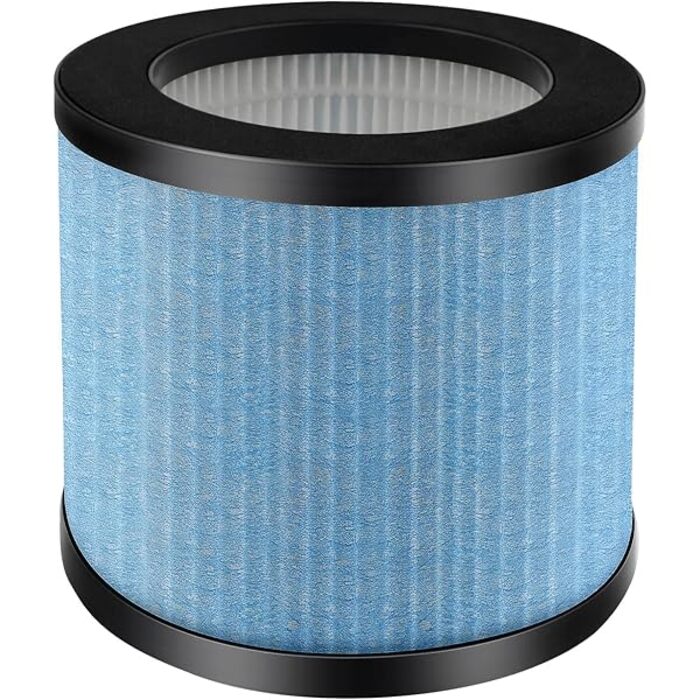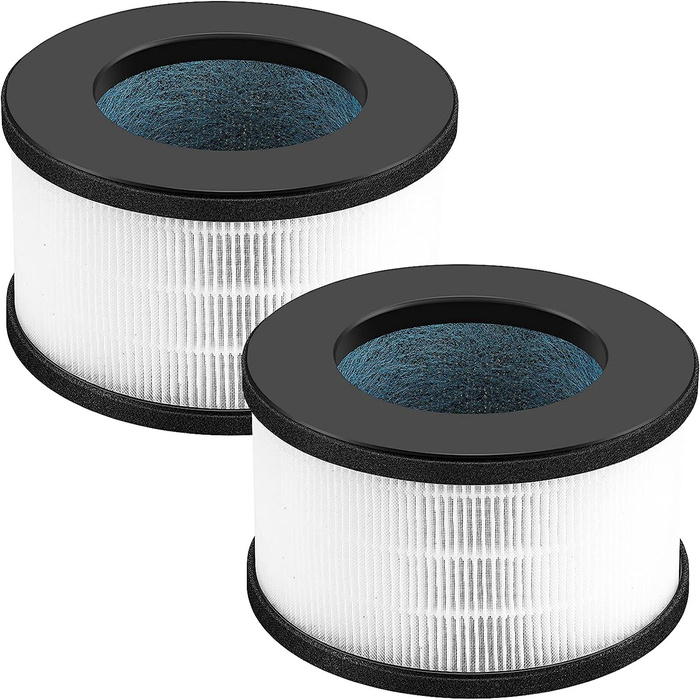Air quality is a concern for many individuals, especially those with allergies or respiratory conditions. Understanding how to effectively maintain indoor air quality is crucial. Both air purifiers and humidifiers play important roles, yet many wonder if they can be used together. This article will explore their functions, benefits, and the dynamics of using them simultaneously.
Understanding Air Purifiers
Air purifiers are designed to eliminate airborne particles. They can filter out dust, pollen, pet dander, and other allergens. Typically, these devices use various technologies, like HEPA filters. Consequently, air purifiers can significantly improve indoor air quality. The cleaner air can help individuals breathe easier. Furthermore, using an air purifier can reduce health risks associated with poor air quality.
The Mechanism of Air Purifiers
Air purifiers work by drawing air into the device. Once inside, air passes through the filter system. There, harmful particles and allergens are trapped. The clean air is then released back into the room. Essentially, this continuous cycle helps maintain cleaner indoor environments. Many models also feature activated carbon filters to remove odors. Hence, air purifiers not only clean air but also enhance overall freshness.
Benefits of Air Purifiers
Using an air purifier offers numerous benefits. First, they reduce allergy symptoms. Many individuals experience relief from sneezing, itching, and congestion. Moreover, these devices help combat asthma triggers. In addition, reducing indoor pollutants improves respiratory health. Families with children or elderly members may find them especially beneficial. Overall, investing in an air purifier is vital for a healthier lifestyle.
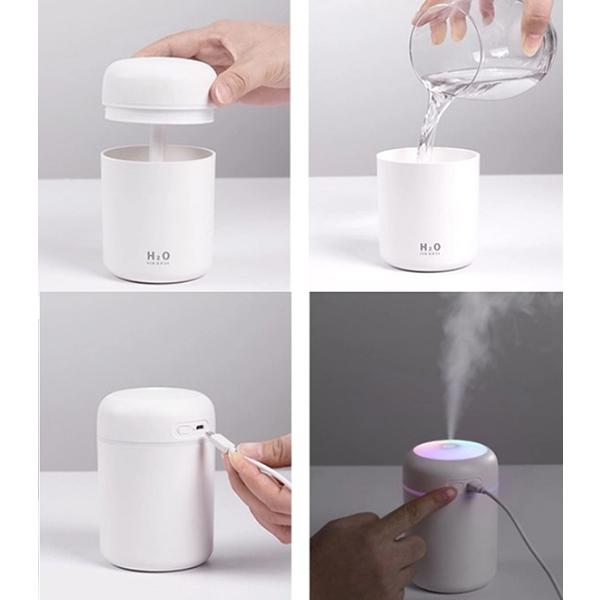
The Role of Humidifiers
On the other hand, humidifiers add moisture to the air. Dry air can lead to various health issues, including dry skin and respiratory discomfort. Humidifiers work by releasing water vapor or steam into the environment. This process increases humidity levels, making the air feel more comfortable. Consequently, using a humidifier can contribute to overall well-being.
Different Types of Humidifiers
There are several types of humidifiers available in the market. Evaporative humidifiers rely on a fan to blow air through a wet wick. On the contrary, ultrasonic humidifiers use high-frequency vibrations to create a fine mist. Steam vaporizers boil water and release steam into the air. Each type serves a similar purpose but may cater to different needs. Choosing the right humidifier can depend on personal preferences and specific goals.
Advantages of Humidifiers
The advantages of using a humidifier are substantial. For instance, they alleviate dry skin issues. During winter months, indoor air tends to become overly dry. This can lead to chapped lips and skin irritation. Furthermore, humidifiers can help relieve sinus congestion. They provide comfort to individuals suffering from colds or allergies. Overall, maintaining optimal humidity levels can improve quality of life.
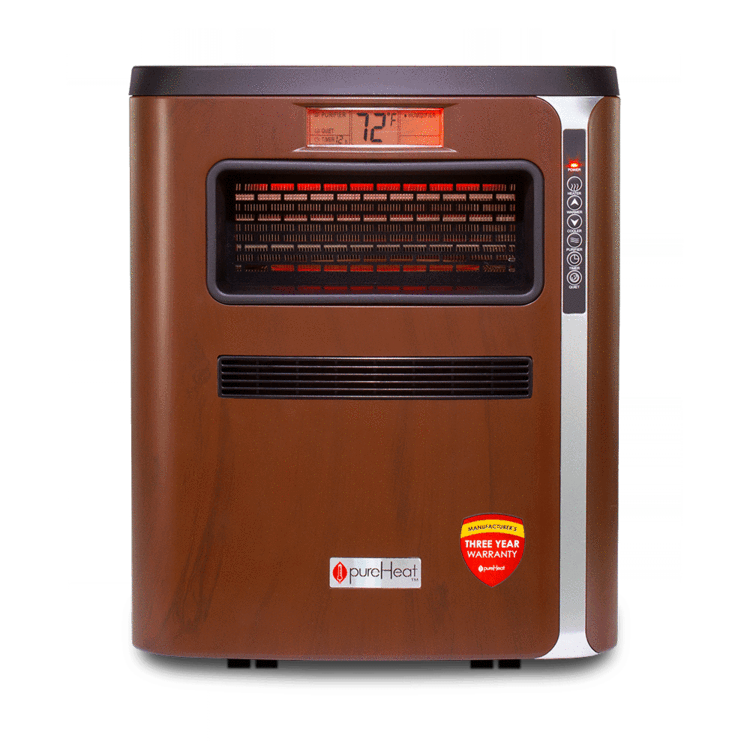
Using Air Purifiers and Humidifiers Together
Now that we understand each device’s function, let’s explore using them together. Many people question whether these devices can coexist without issues. In short, yes, air purifiers and humidifiers can be used simultaneously for better indoor air quality. When combined, they can complement each other’s functions effectively. Hence, individuals can enjoy both clean and comfortably moist air.
The Benefits of Combination
Using both devices yields several benefits. First, it creates a balanced atmosphere indoors. While air purifiers clean the air, humidifiers maintain optimal humidity levels. This balance is essential for health, especially in winter months. Dry air can aggravate respiratory issues and skin problems. By employing both devices, individuals can mitigate these effects effectively.
Considerations When Using Both Devices
However, some considerations arise when using both devices. First, it’s essential to choose the right locations. Ideally, position the humidifier away from the air purifier. This placement ensures the purifier can effectively filter the air. Additionally, monitor humidity levels. Excess humidity can introduce mold growth. Therefore, maintaining humidity levels between 30% and 50% is advisable.
Health Considerations
Both air purifiers and humidifiers offer notable health benefits. However, it’s crucial to take certain considerations into account. For instance, not all air purifiers are created equal. High-efficiency models effectively capture smaller particles. Likewise, humidifiers require regular maintenance to prevent bacterial growth.
The Importance of Regular Maintenance
Regular maintenance is important for both devices. For air purifiers, ensure the filters are changed regularly. Typically, the filters should be changed every 6 months. Likewise, thorough cleaning of the device is crucial to prevent dust buildup. Humidifiers also need regular attention. Cleaning them weekly hinders mold and bacteria from developing. Following the manufacturer’s recommendations will ensure optimal performance.
Recognizing Allergens and Irritants
Understanding specific allergens and irritants in your home is key. Identify sources of indoor pollution, like pets or tobacco smoke. Additionally, recognize pollutants from cooking or outdoor air entering your home. By being aware, you can make informed decisions. Selecting an air purifier that specializes in those pollutants can further enhance air quality. Consequently, this personalized approach improves overall respiratory health.
Operational Efficiency of Combined Devices
Energy Consumption
When using an air purifier and humidifier at the same time, energy consumption can be a concern. Both devices consume electricity, which may affect your utility bills. However, modern air purifiers and humidifiers have become more energy-efficient. Choosing Energy Star-rated appliances can help reduce energy usage. It’s beneficial to evaluate how much energy each device consumes. Understanding this factor will aid in making informed choices based on your budget.
Noise Levels
Each device has different noise levels that can affect your comfort. Air purifiers often operate quietly, with many models having noise-reducing technology. However, some humidifiers can produce white noise or operational sounds when in use. If you are sensitive to noise, look for quiet models of both devices. Noise can disrupt your daily activities or sleep patterns. Therefore, choosing quieter devices can significantly improve your overall experience.
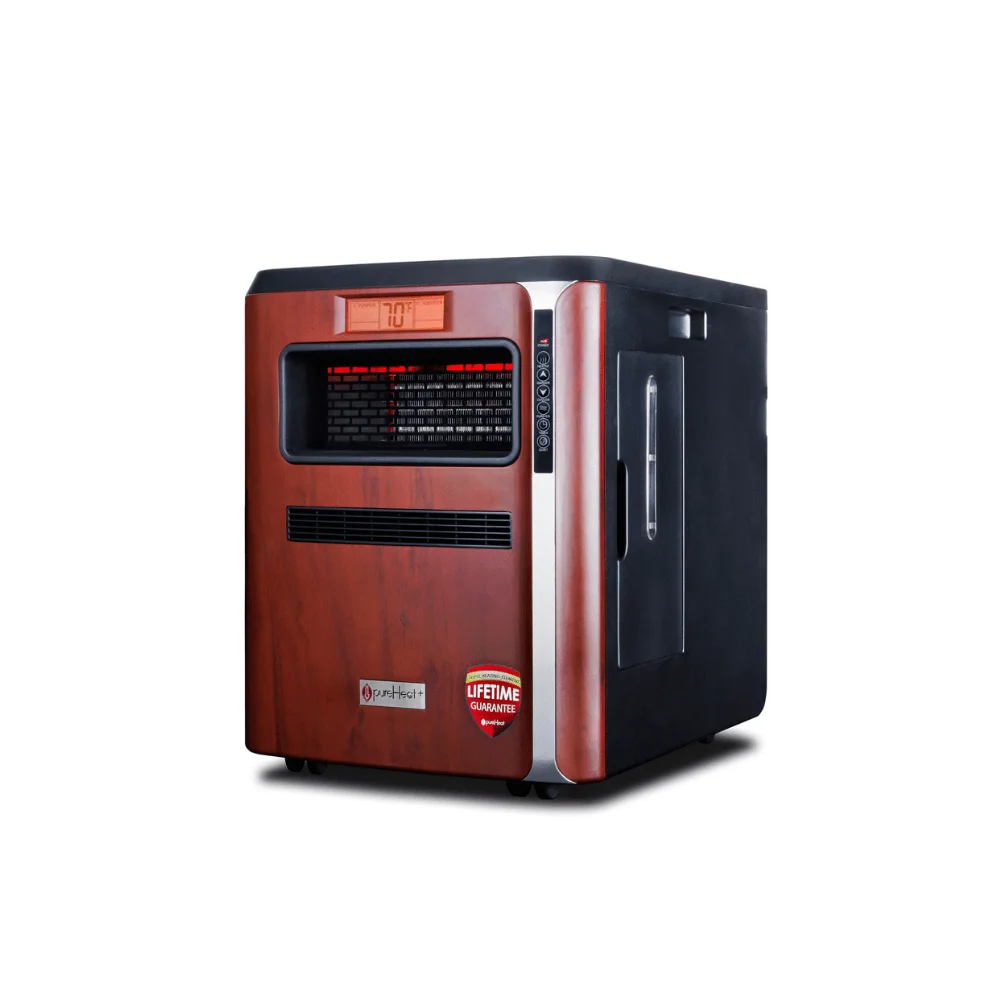
Best Practices for Using Air Purifiers and Humidifiers
Choosing Compatible Devices
When selecting an air purifier and a humidifier to use together, compatibility is important. Look for models that are designed to work well in conjunction. Some brands even offer combo units that serve both purposes. These devices often come with features tailored for optimal performance. When choosing your appliances, read reviews and check specifications for compatibility. It can save you both time and money in the long run.
Monitoring Humidity Levels
Using a hygrometer can help you monitor indoor humidity levels. Ideally, indoor humidity should be between 30% and 50%. Too much humidity can promote mold growth and dust mites. In contrast, too little humidity can lead to dry skin and respiratory irritation. Regularly monitoring these levels ensures you maintain a comfortable and healthy environment. By understanding how both devices affect humidity, you can make better adjustments as needed.
Creating an Optimal Indoor Environment
To create an optimal indoor environment, reach a balance between humidity and cleanliness. Employing both an air purifier and a humidifier can lead to such an atmosphere. However, this balance requires monitoring and adjustments. Use a hygrometer to measure humidity levels in your home. Continuous adjustment will help to ensure that the environment remains comfortable.
Tips for Maintaining a Healthy Balance
Consider using a programmable humidifier for convenience. Some models can adjust humidity levels automatically. This feature is helpful in fluctuating weather conditions. Likewise, a smart air purifier can track air quality and adjust accordingly. Thus, keeping both devices efficient can offer a seamless experience.
Evaluating Your Space
Evaluate the size of your space before making decisions. Ensure the capacity of each device matches your requirements. Overusing appliances designed for smaller areas may lead to ineffective results. Similarly, small units in large spaces will struggle to maintain optimal conditions. Understanding your space ensures that both devices work effectively.
Conclusion
The combination of air purifiers and humidifiers can greatly enhance indoor air quality. Each device serves unique functions that complement one another. Thus, using them together creates a healthier living environment. Nonetheless, appropriate maintenance and monitoring are vital. Taking these steps will ensure both devices operate smoothly. Therefore, enjoying fresh, comfortable air in your home becomes a reality.

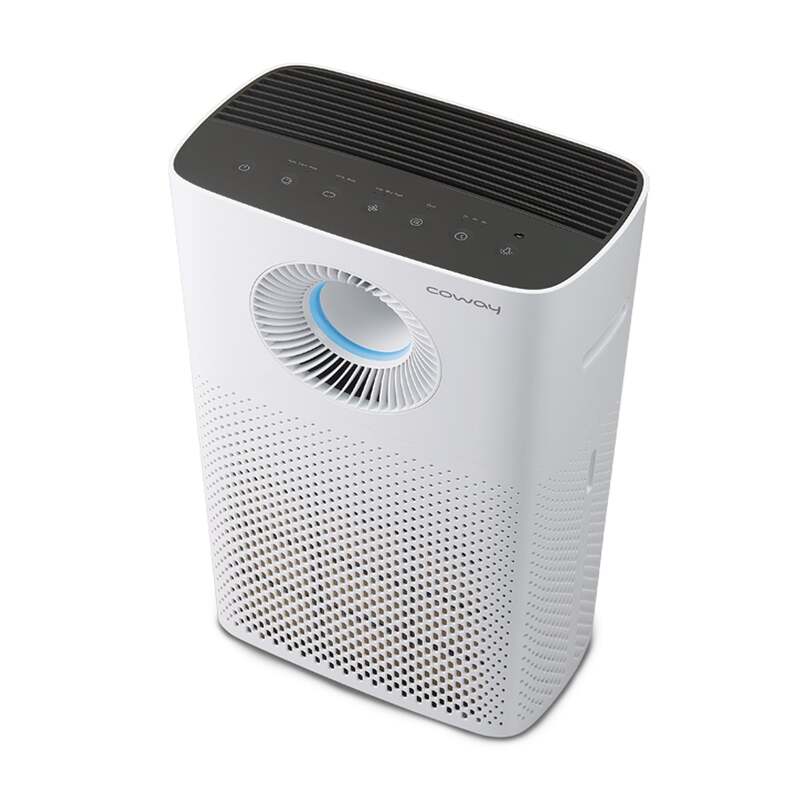
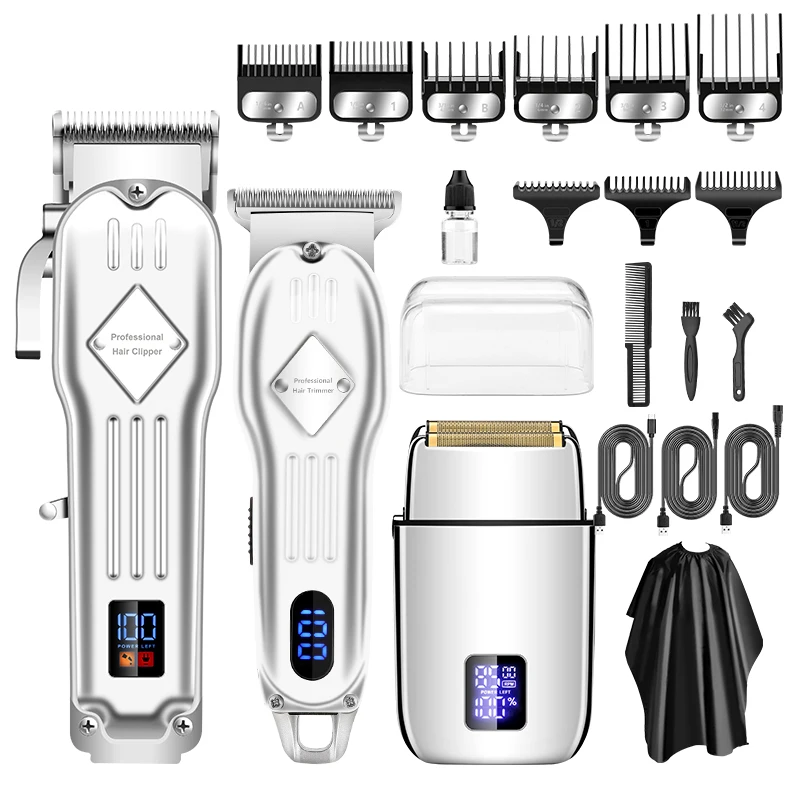

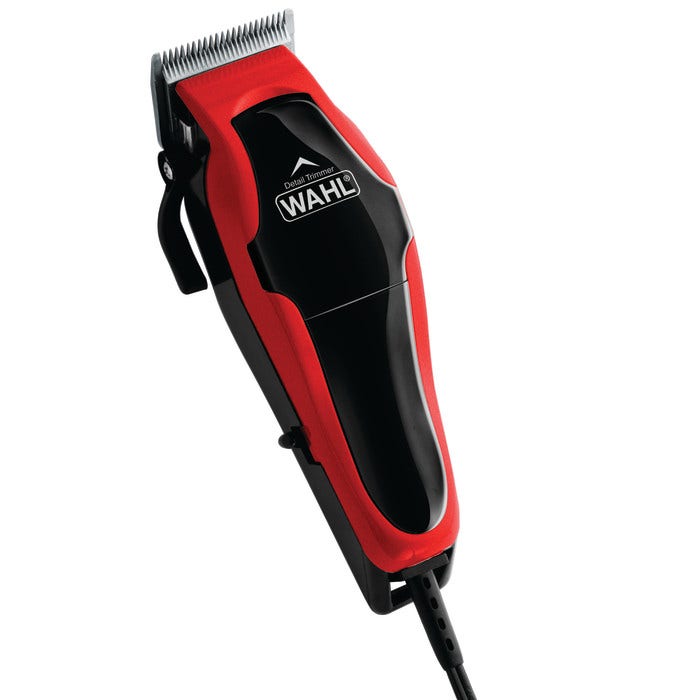
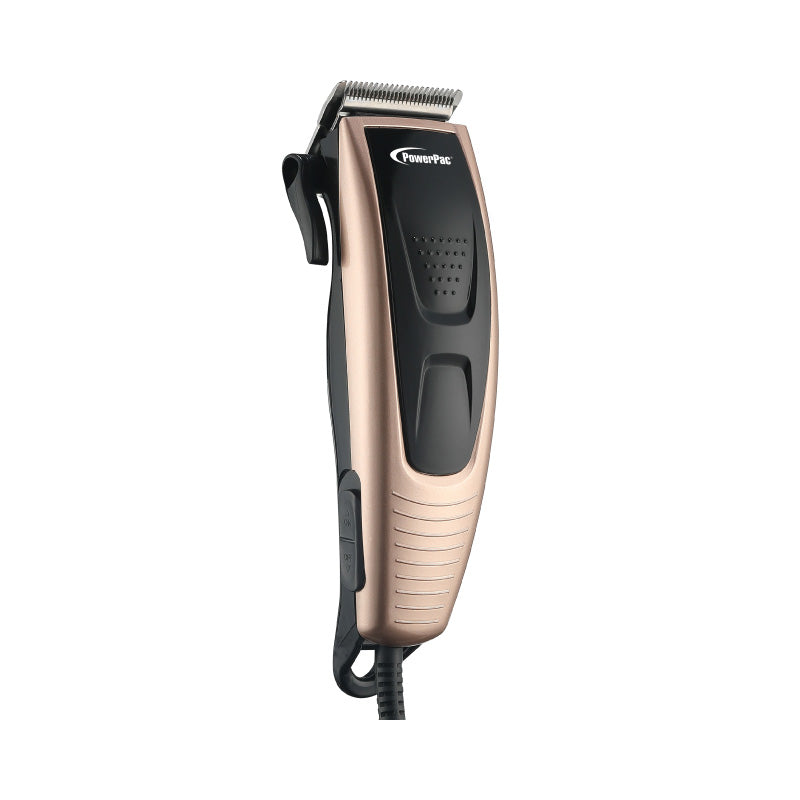
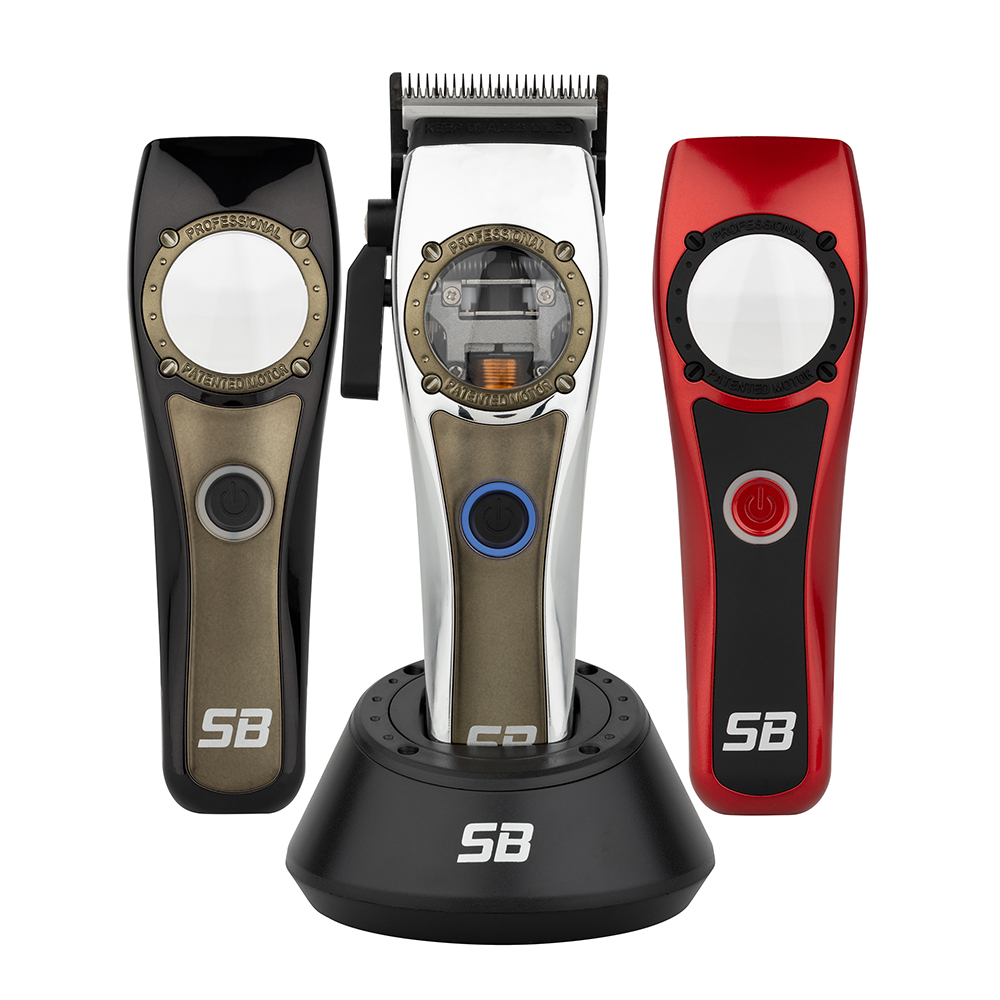
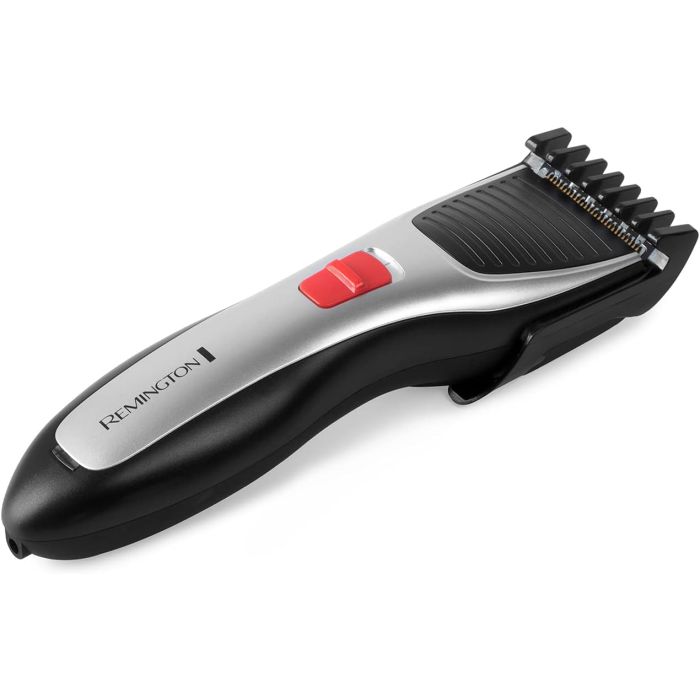
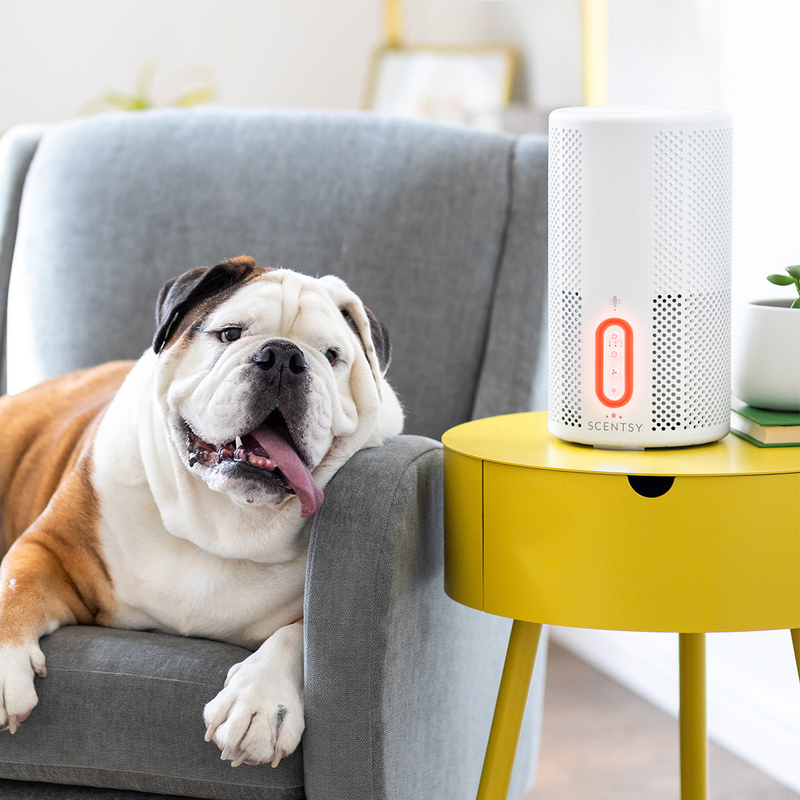
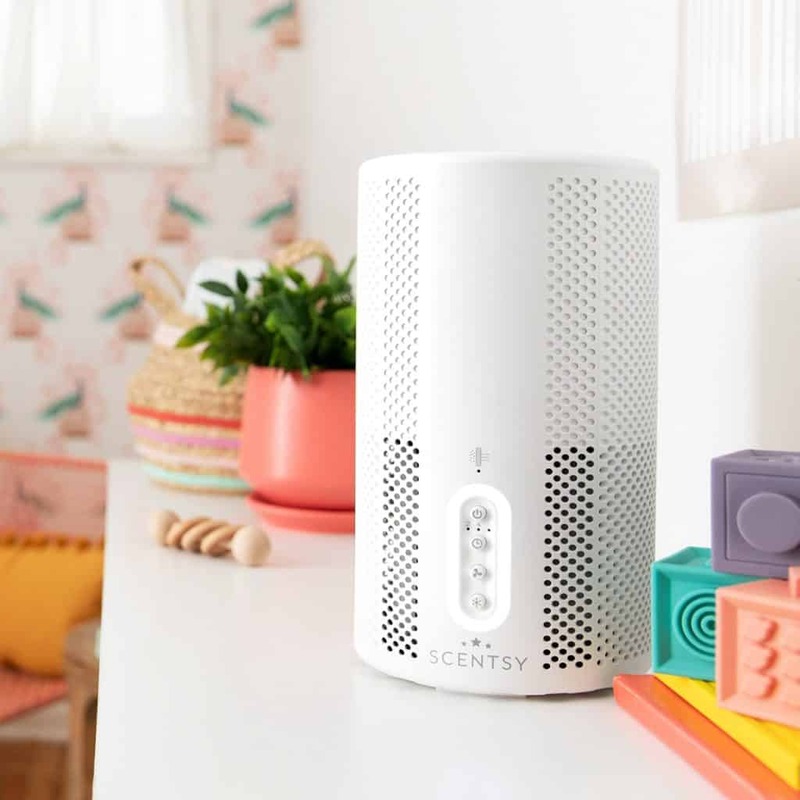
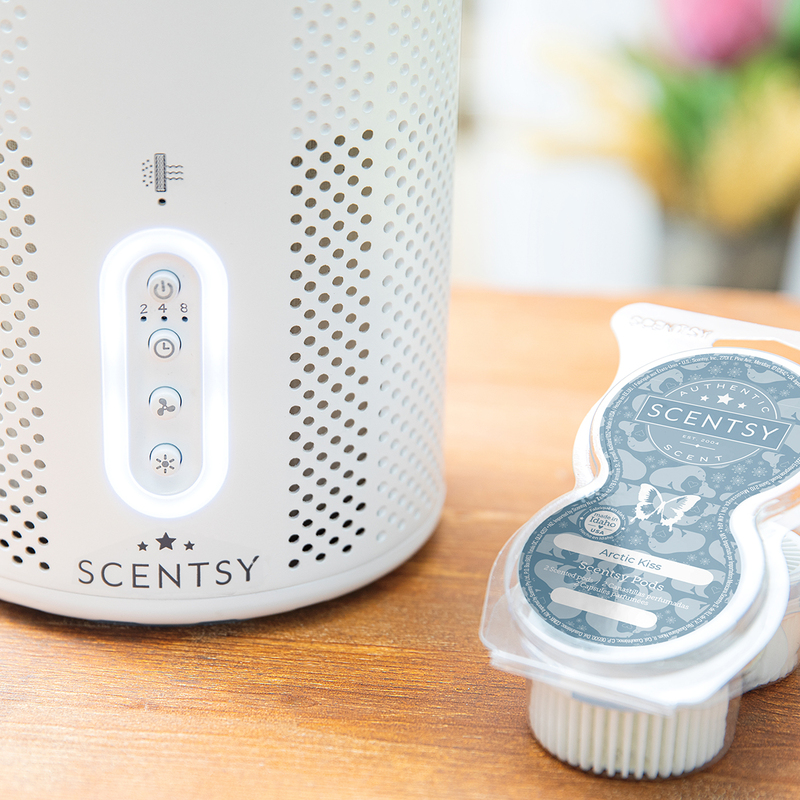
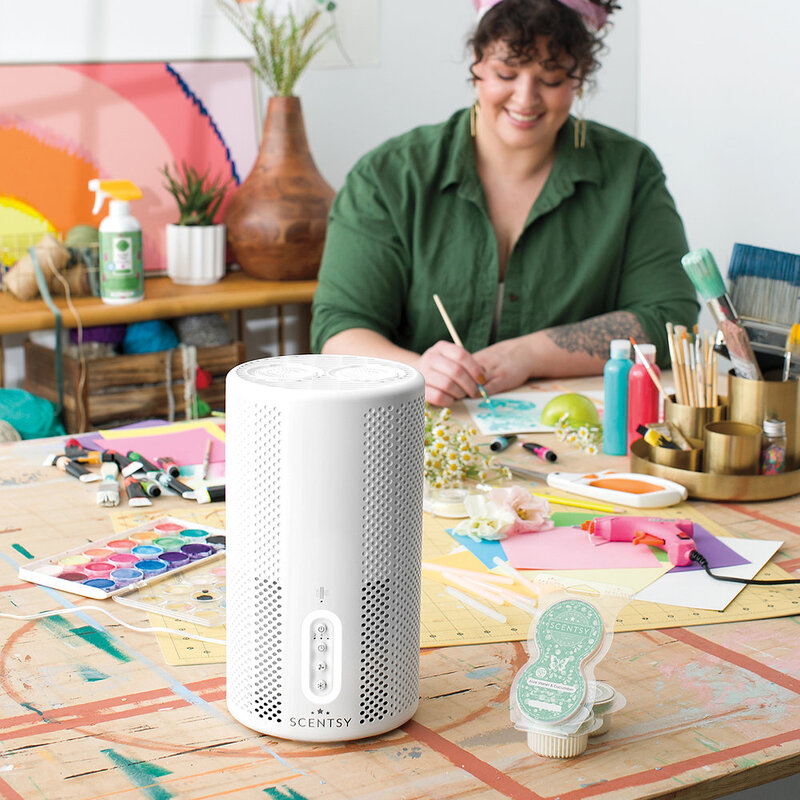
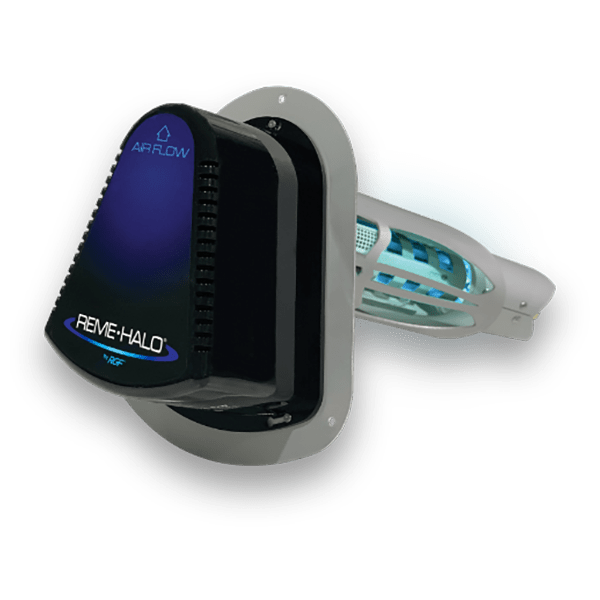
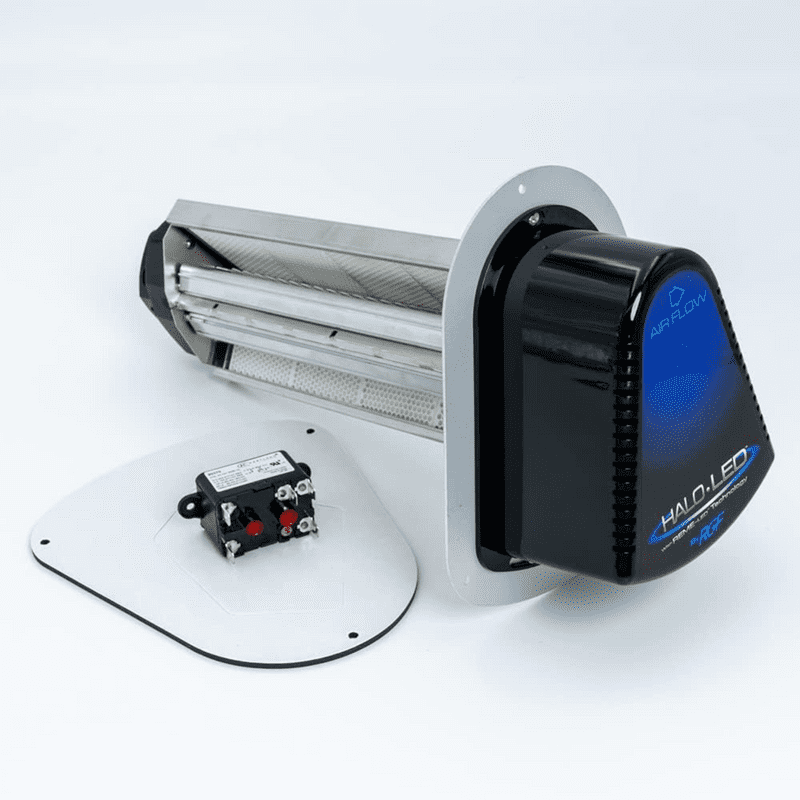
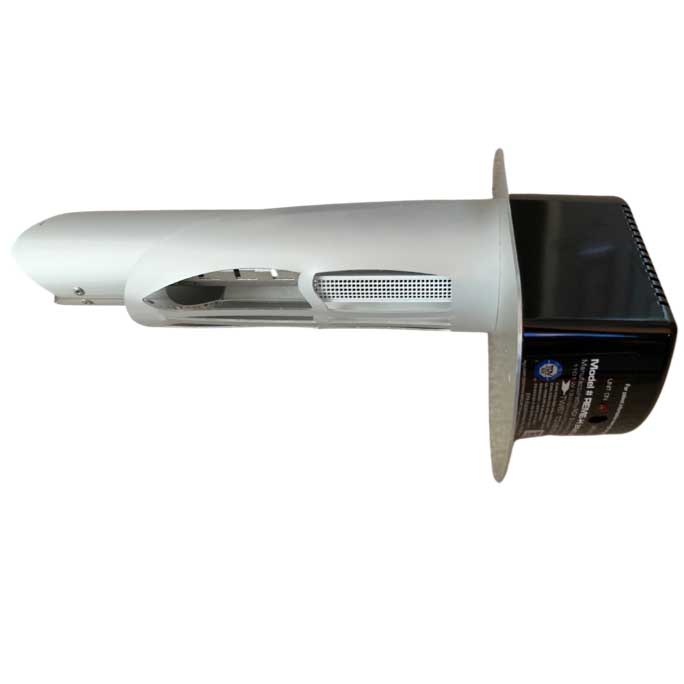
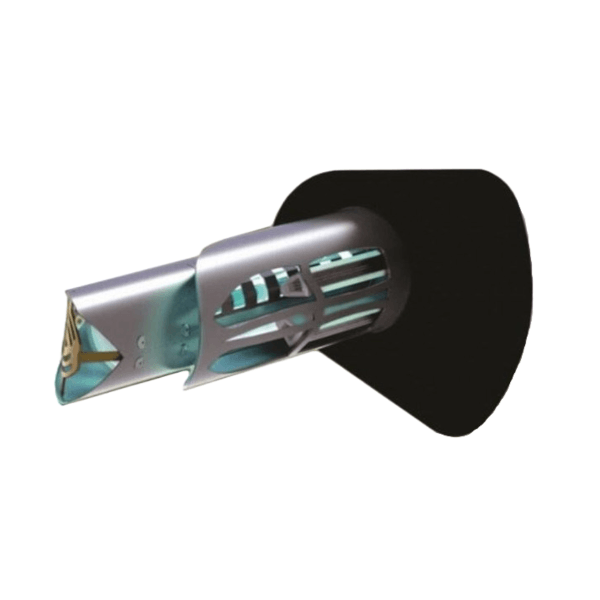
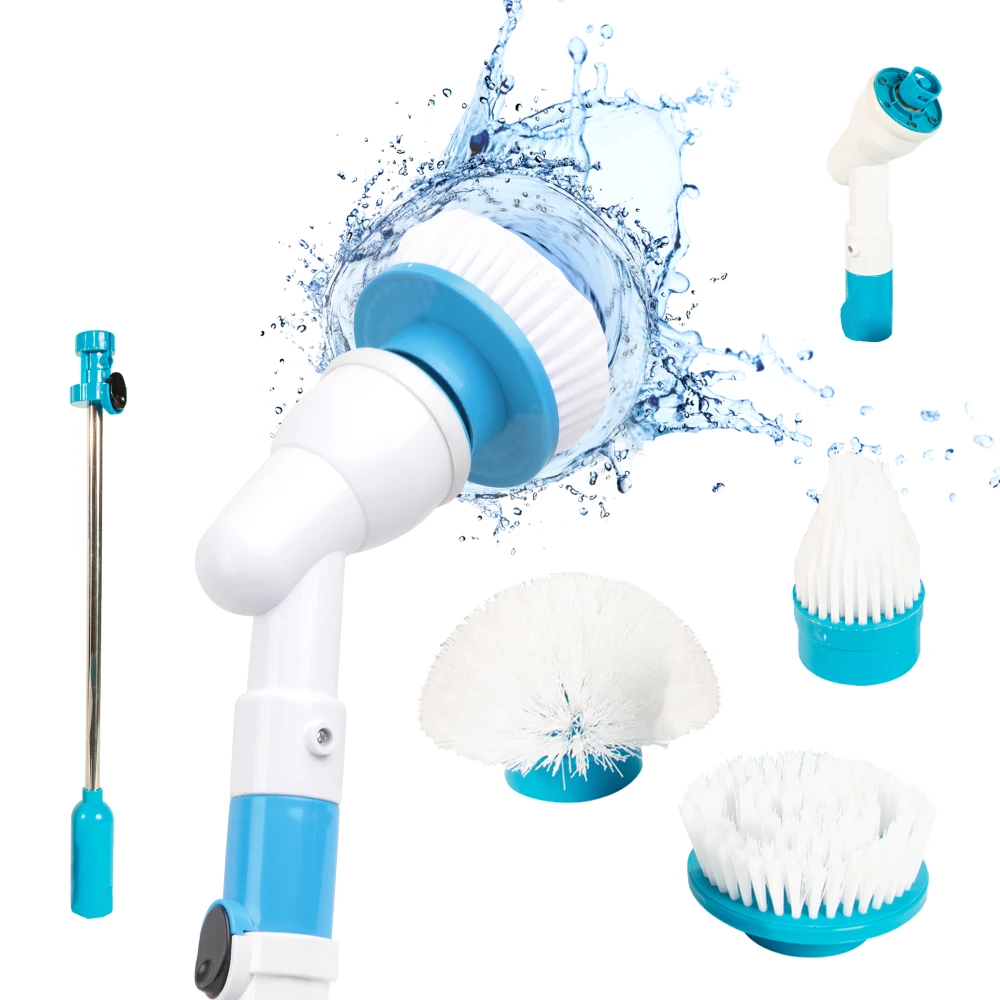
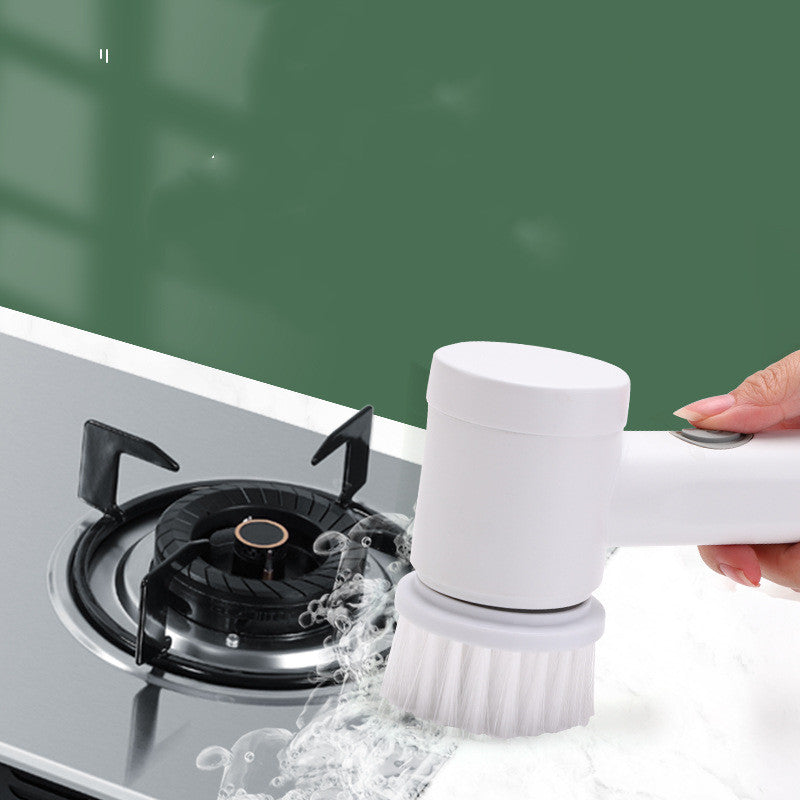
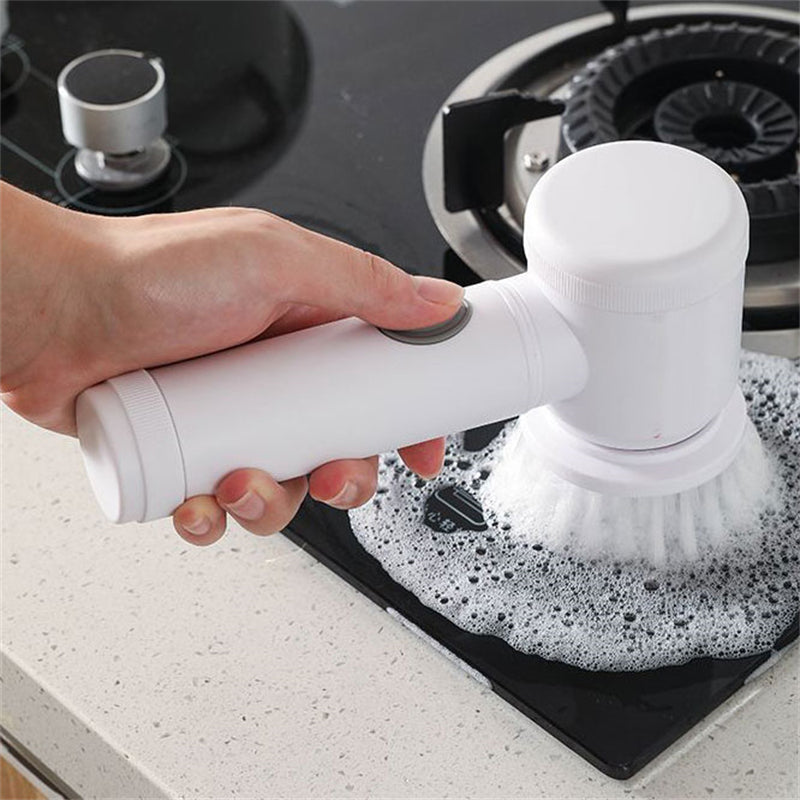

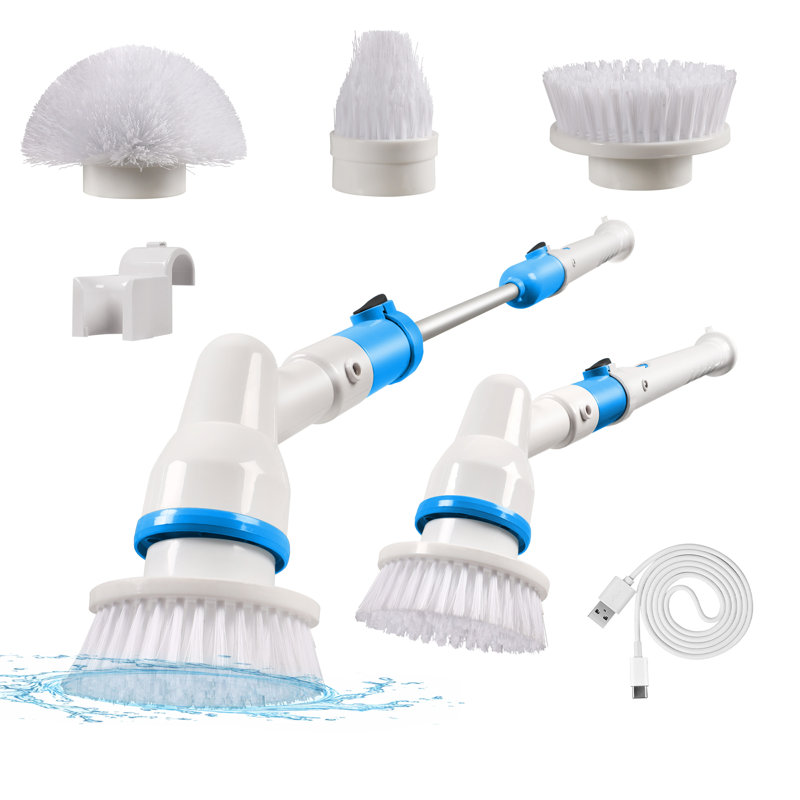

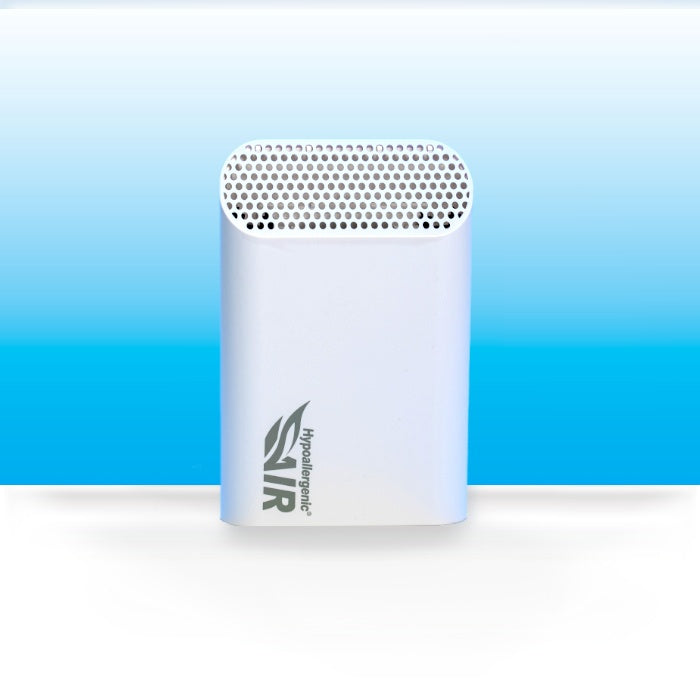
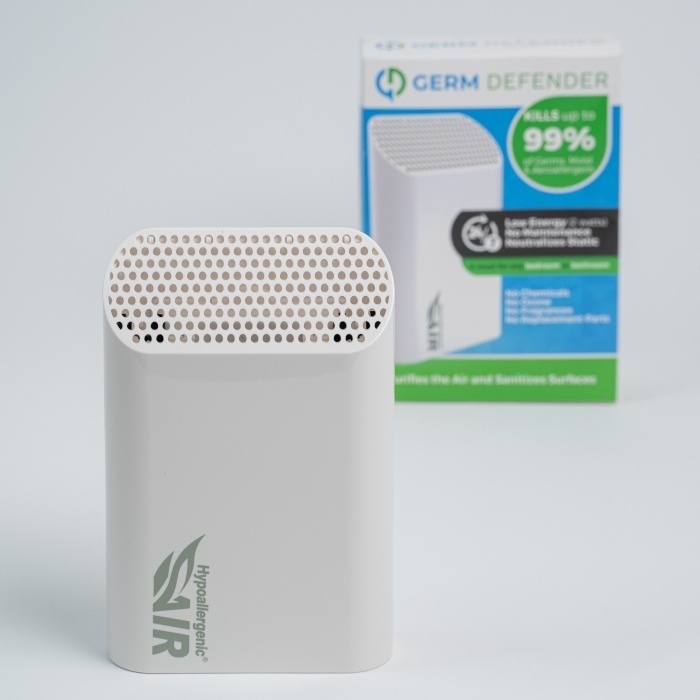
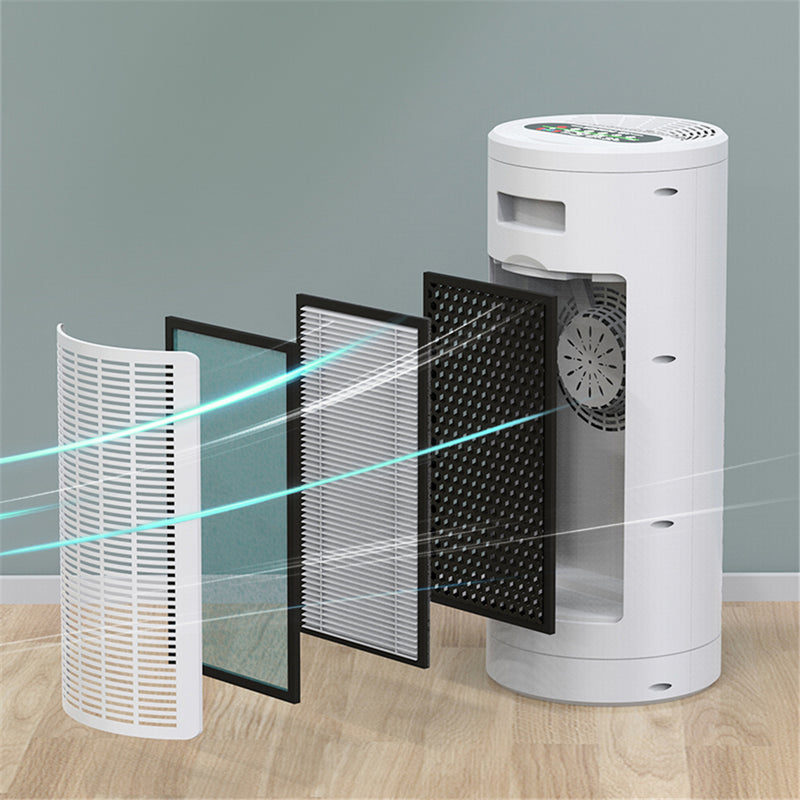
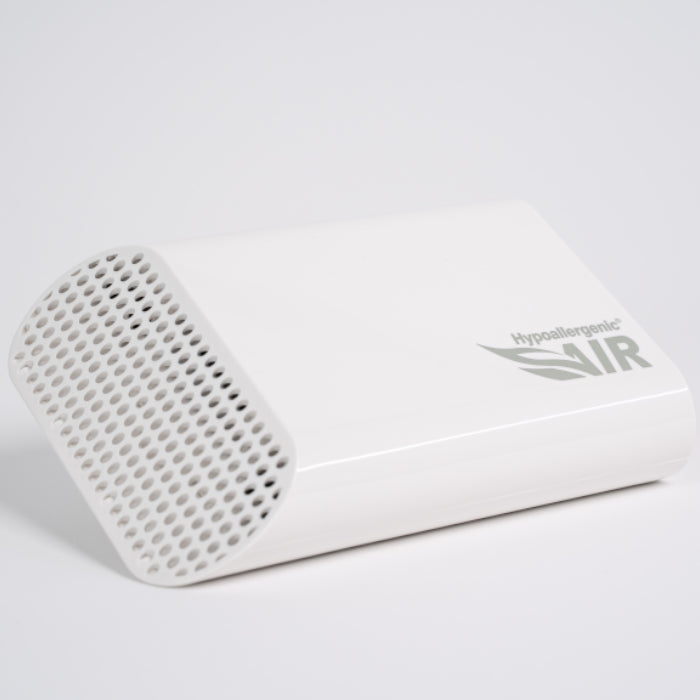
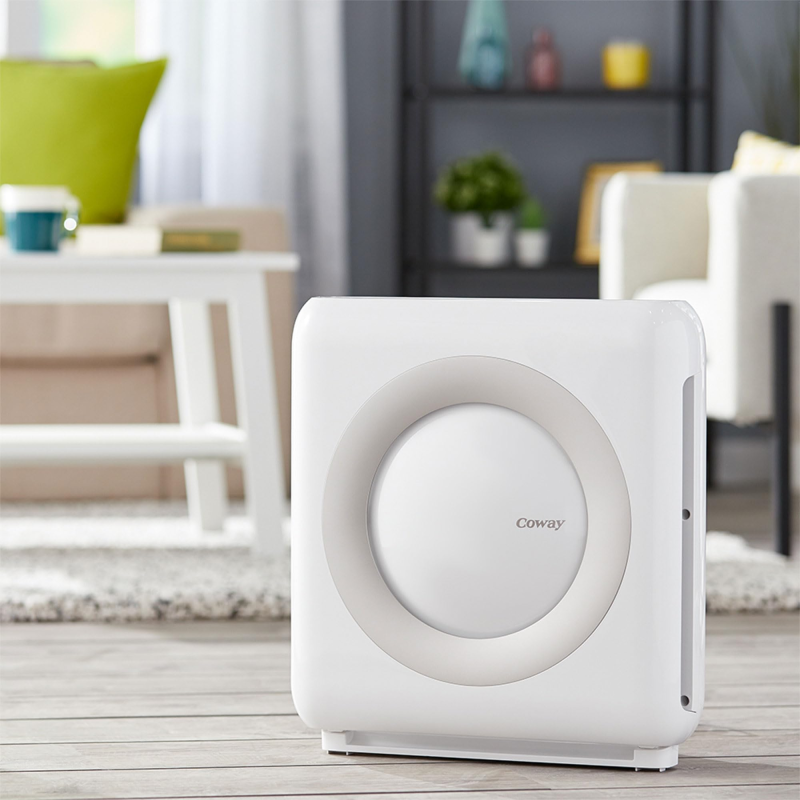
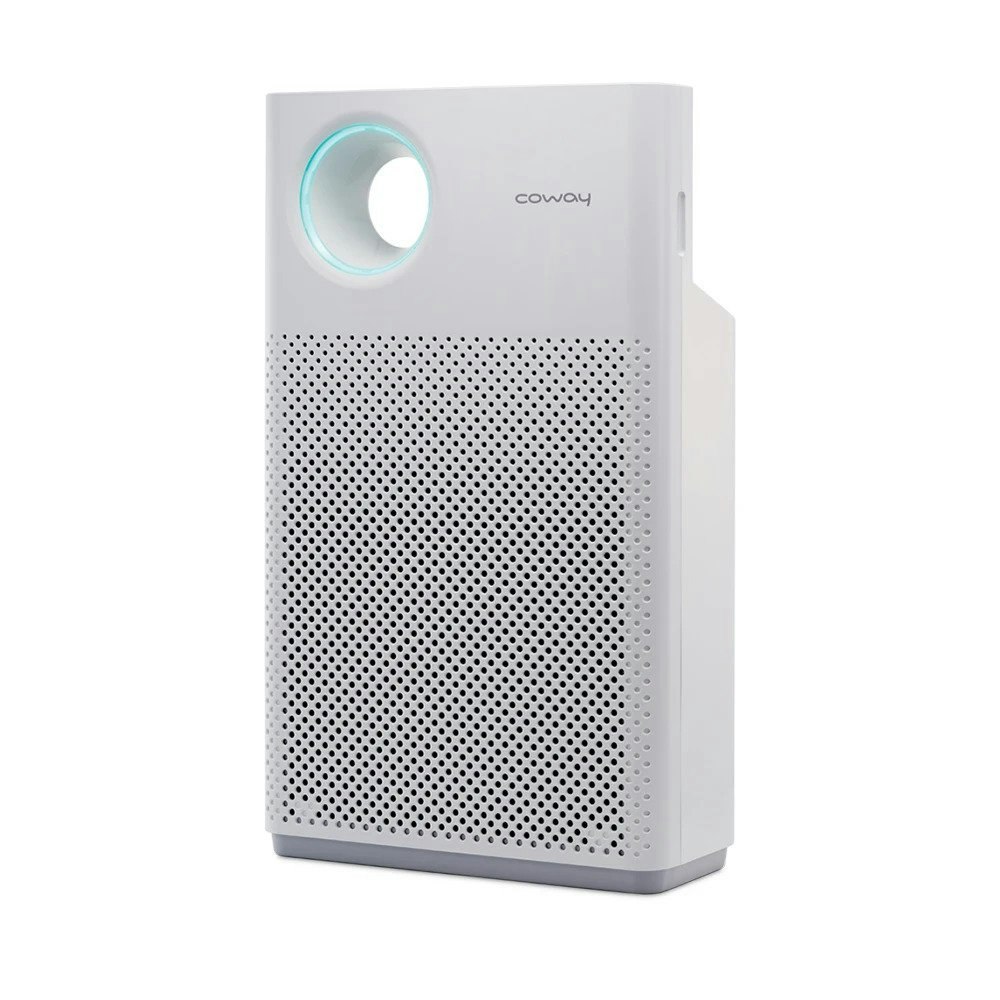
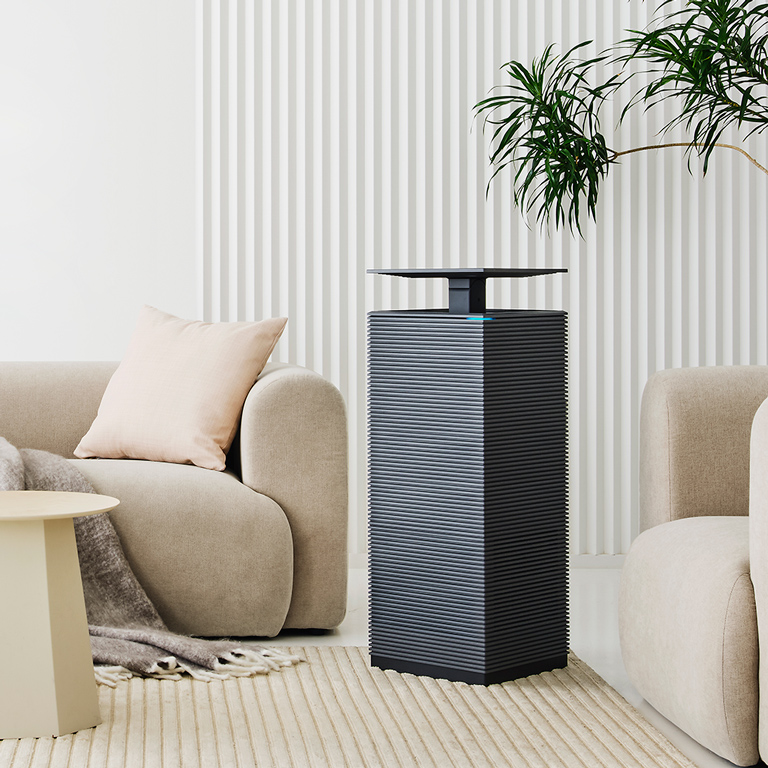
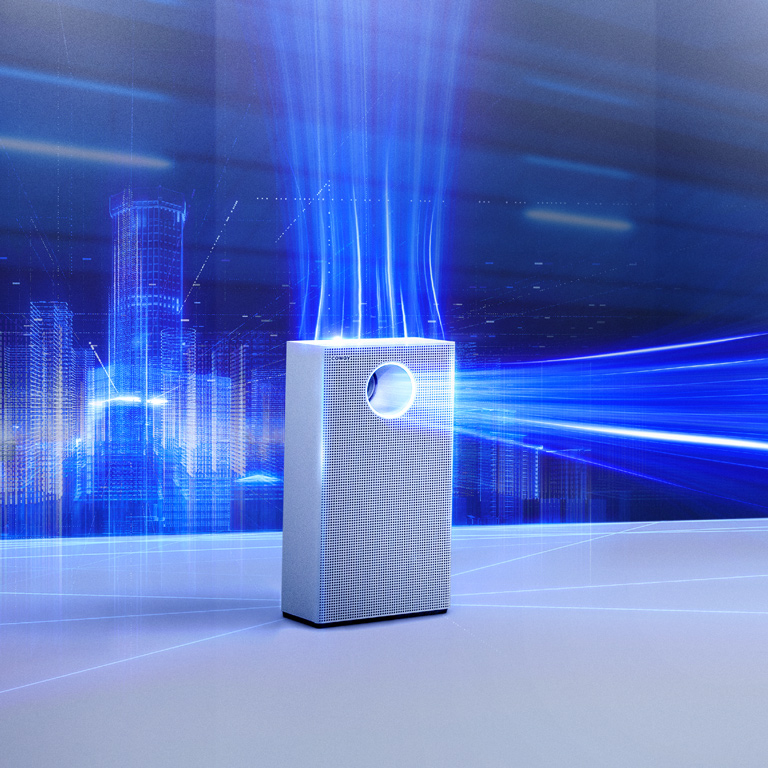
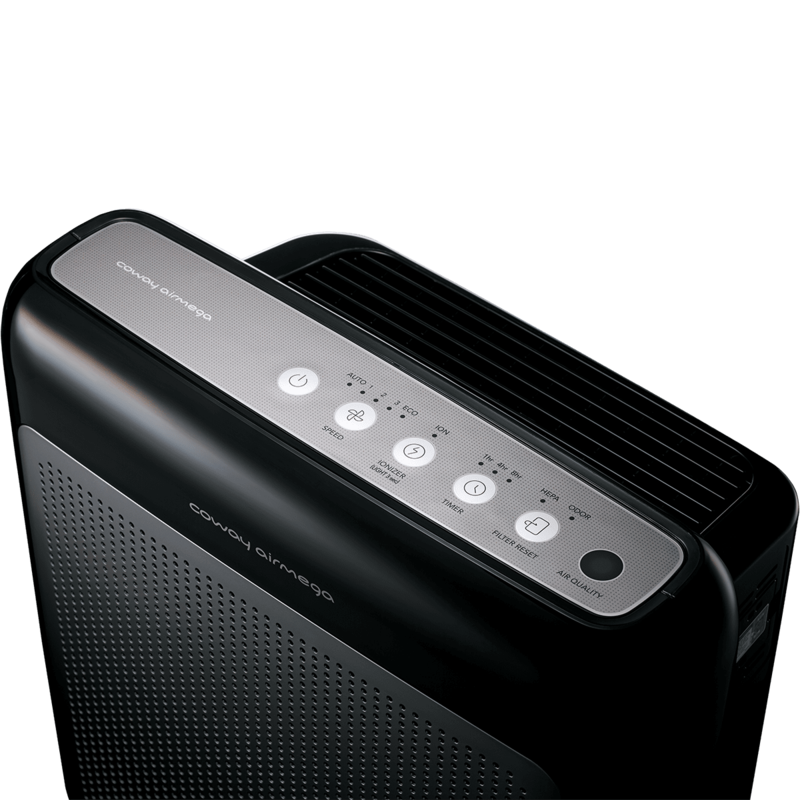
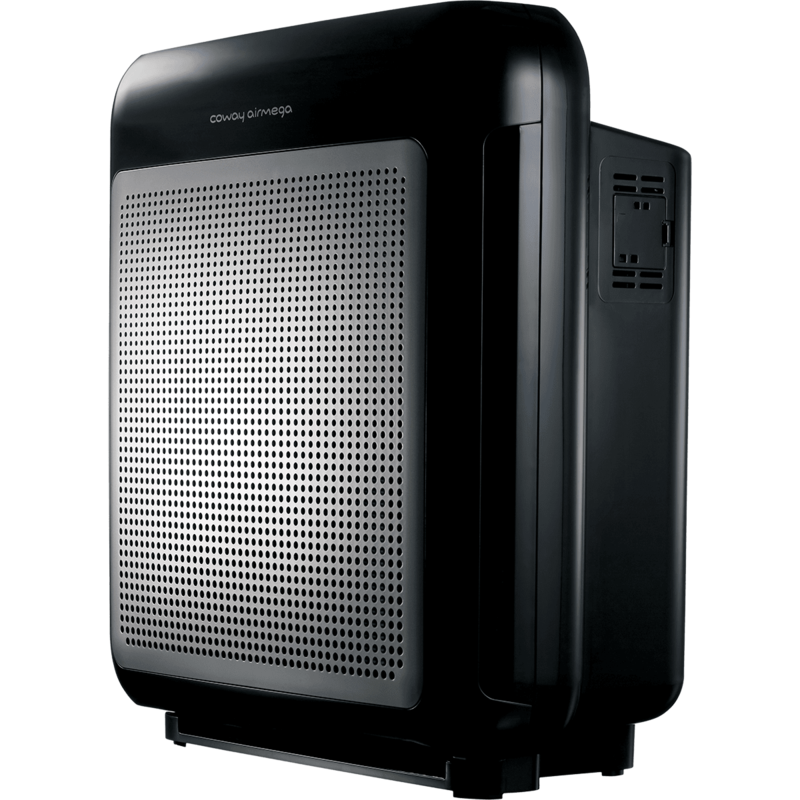 Filter Status
Filter Status